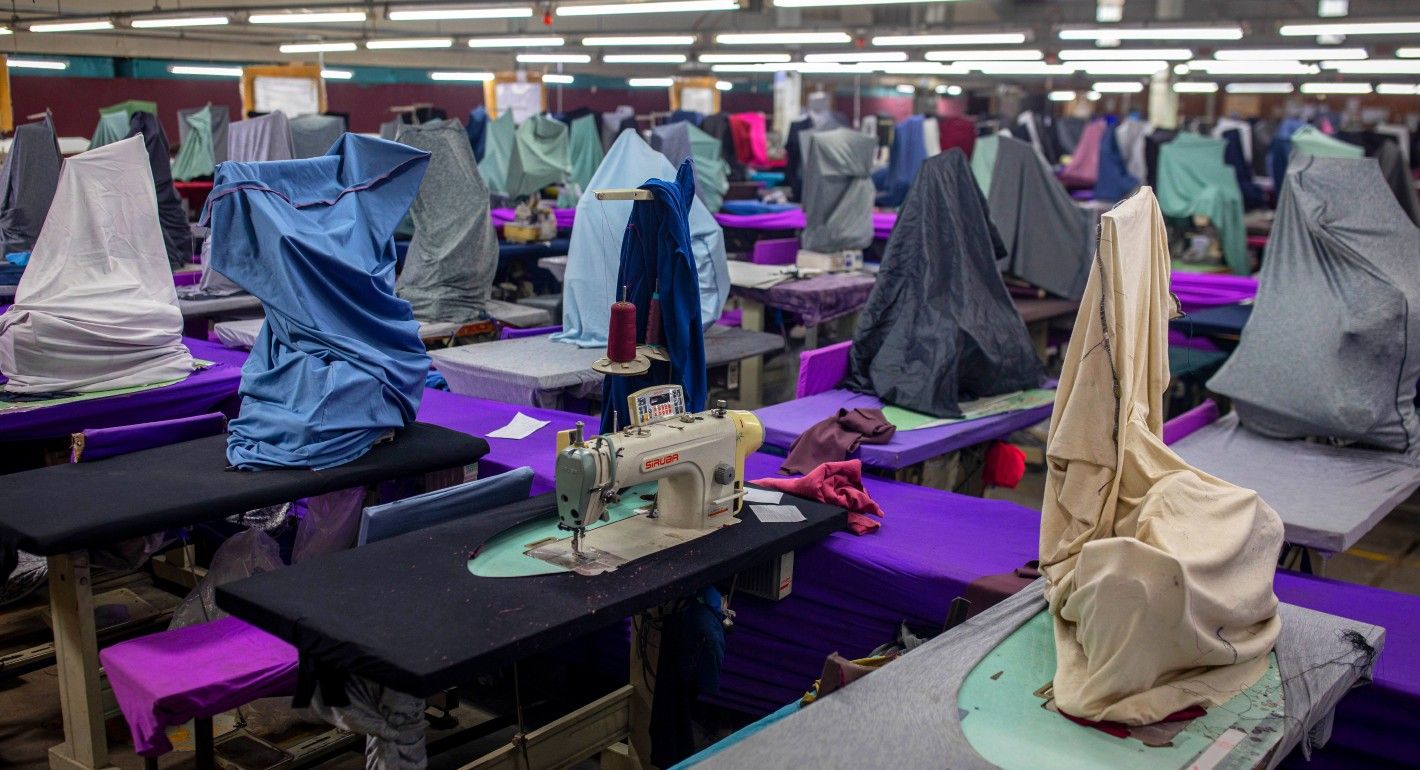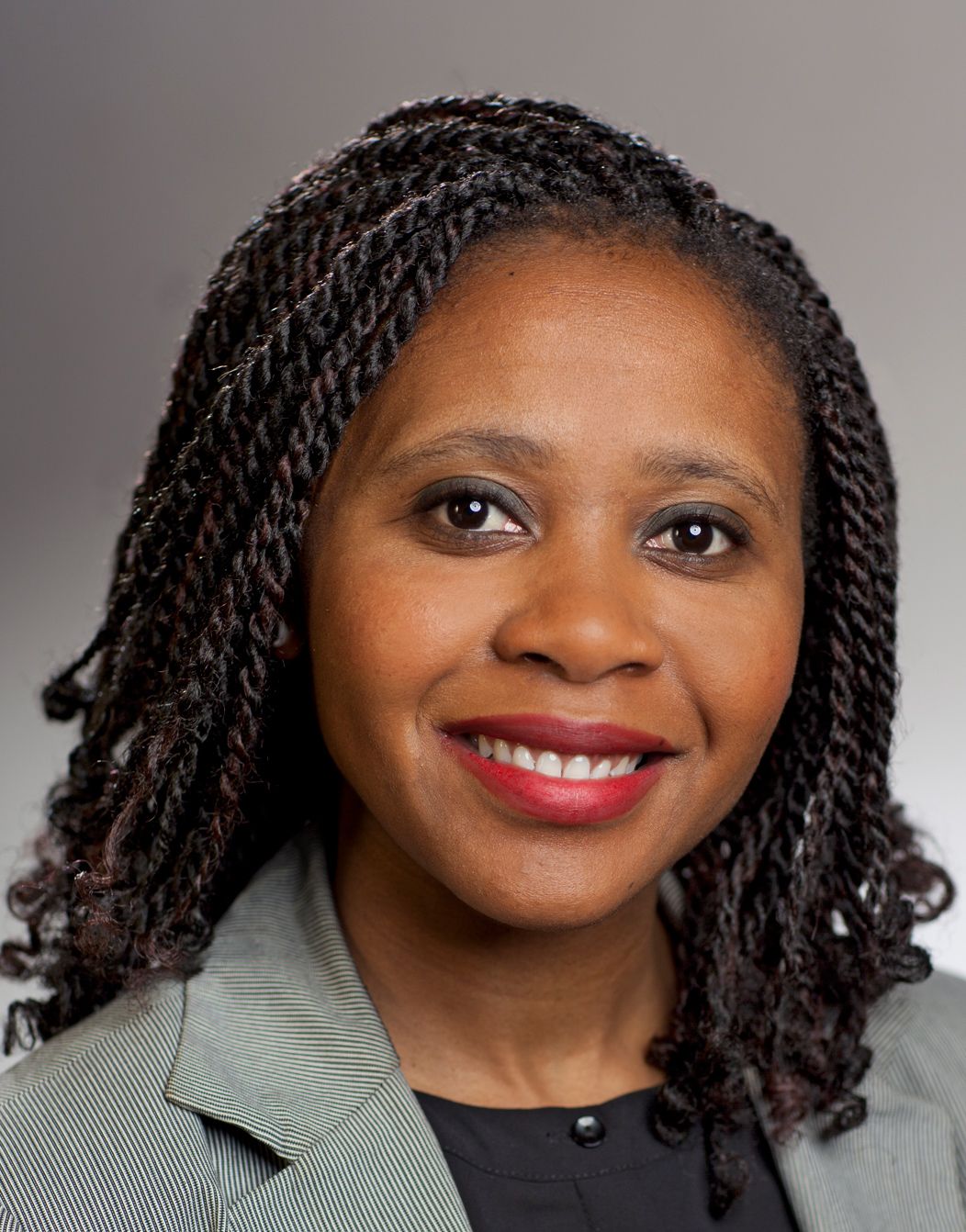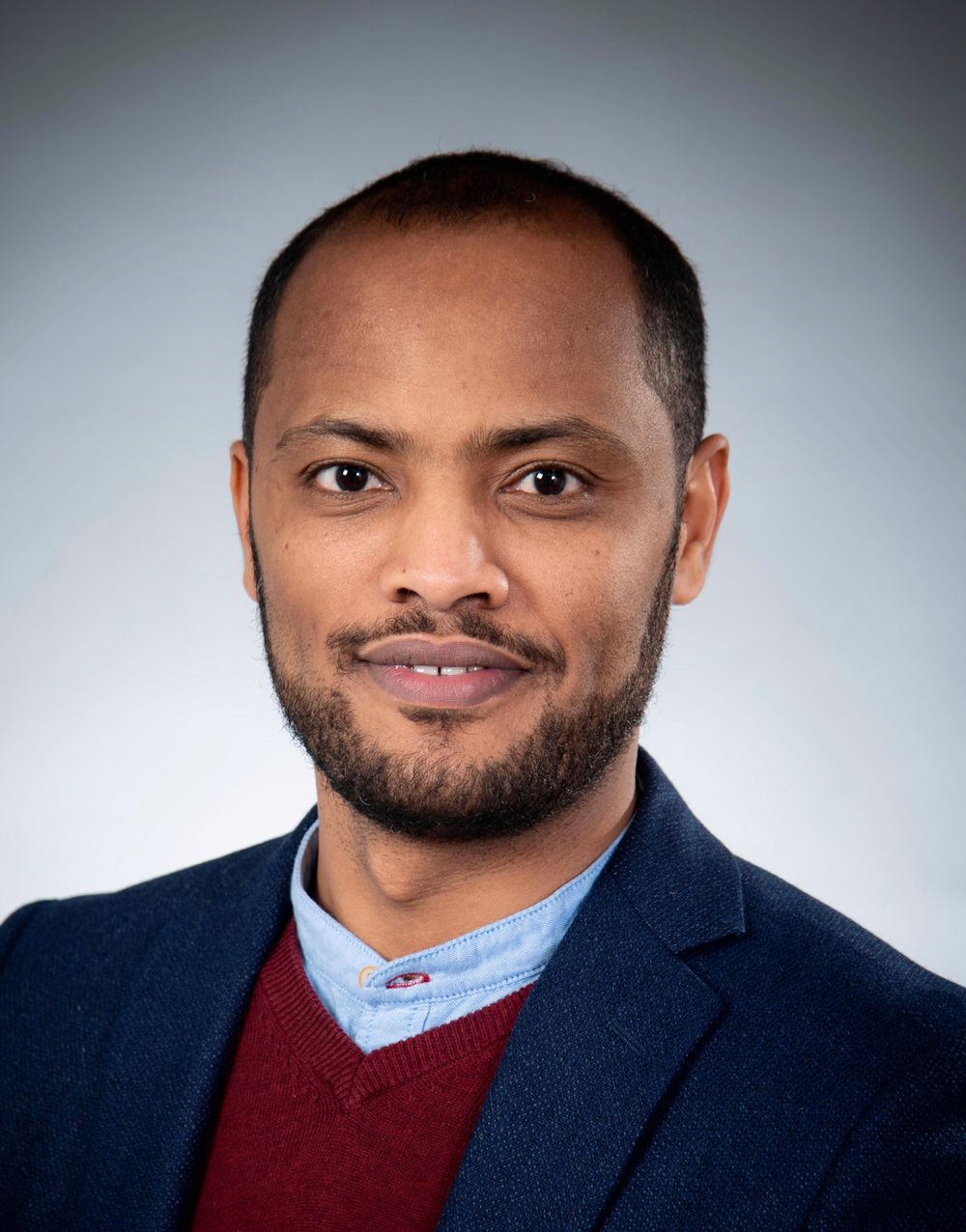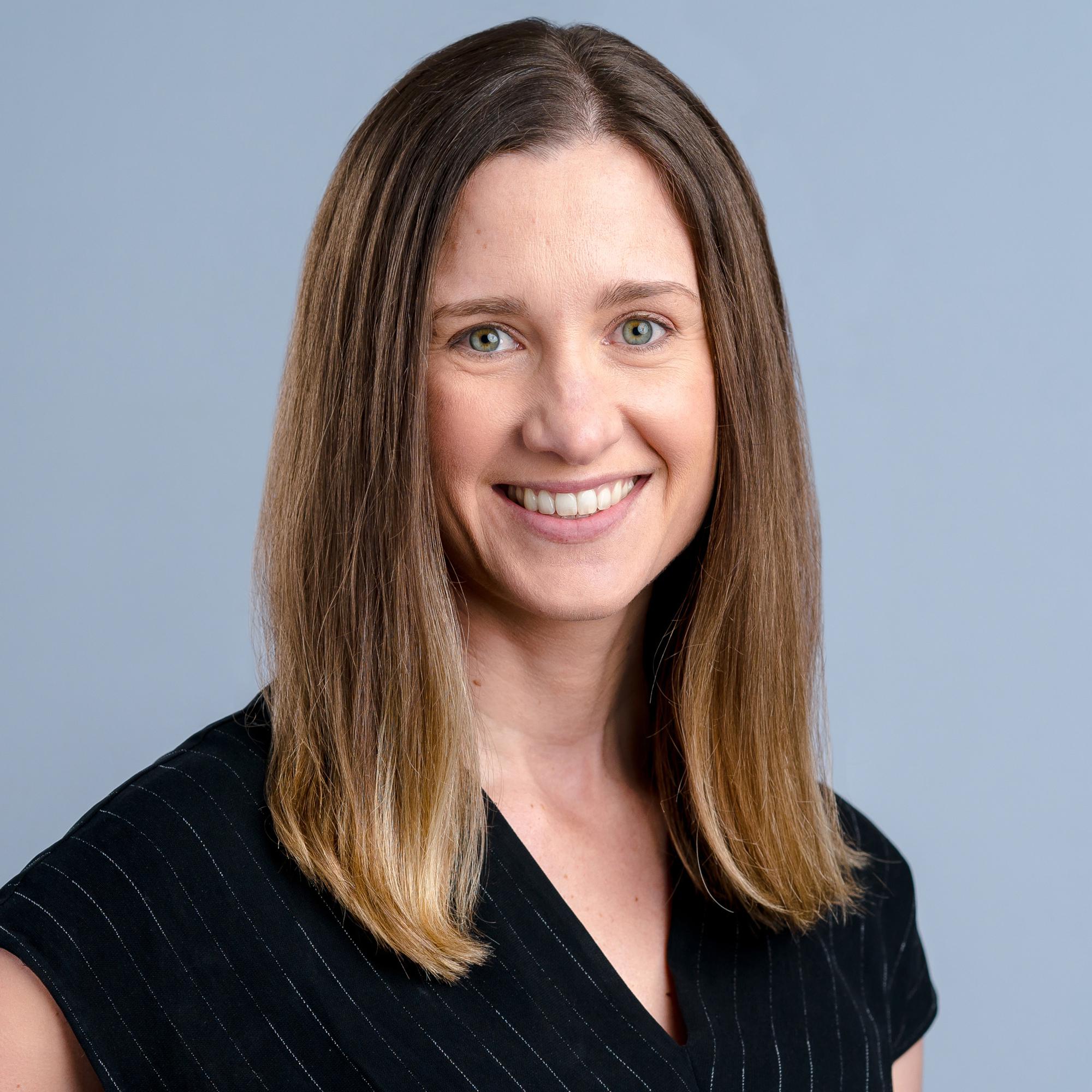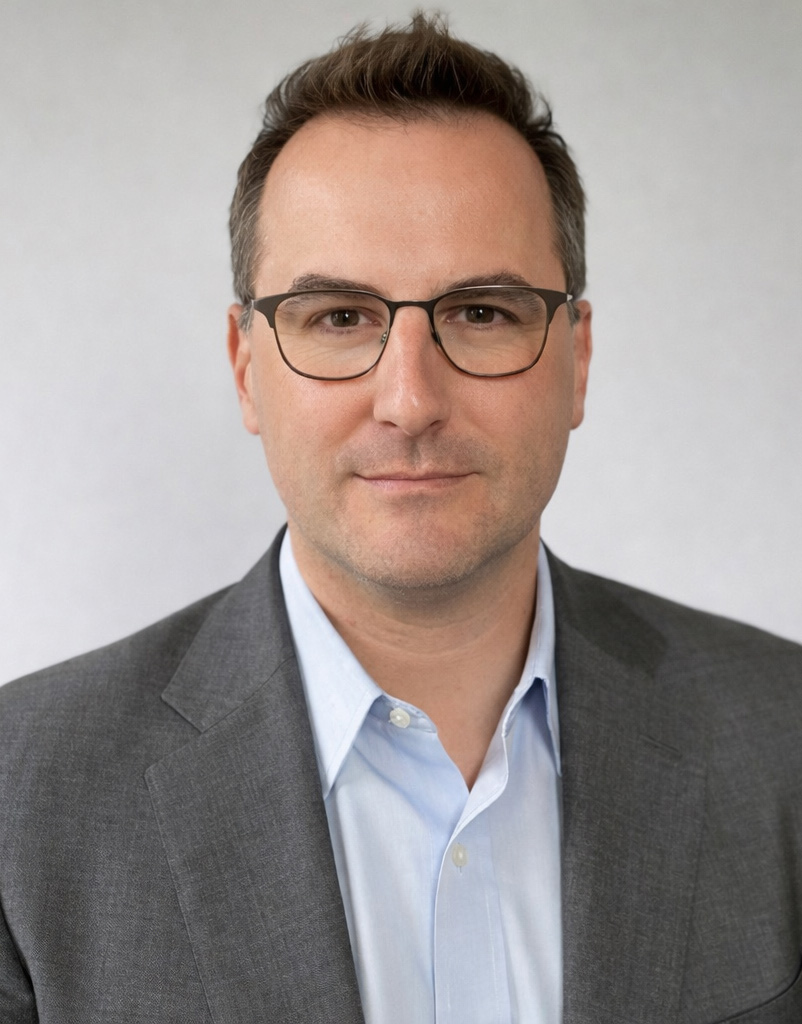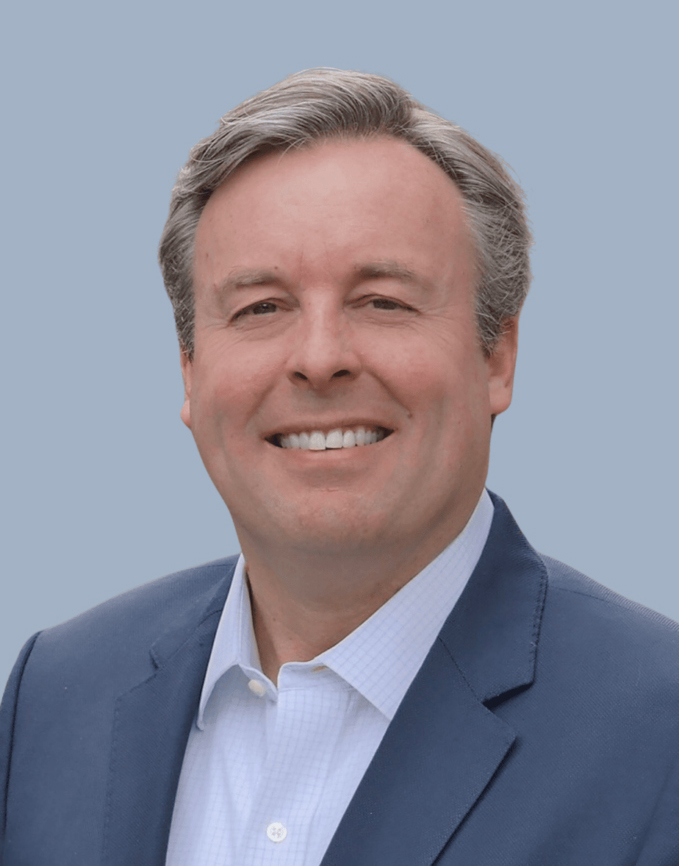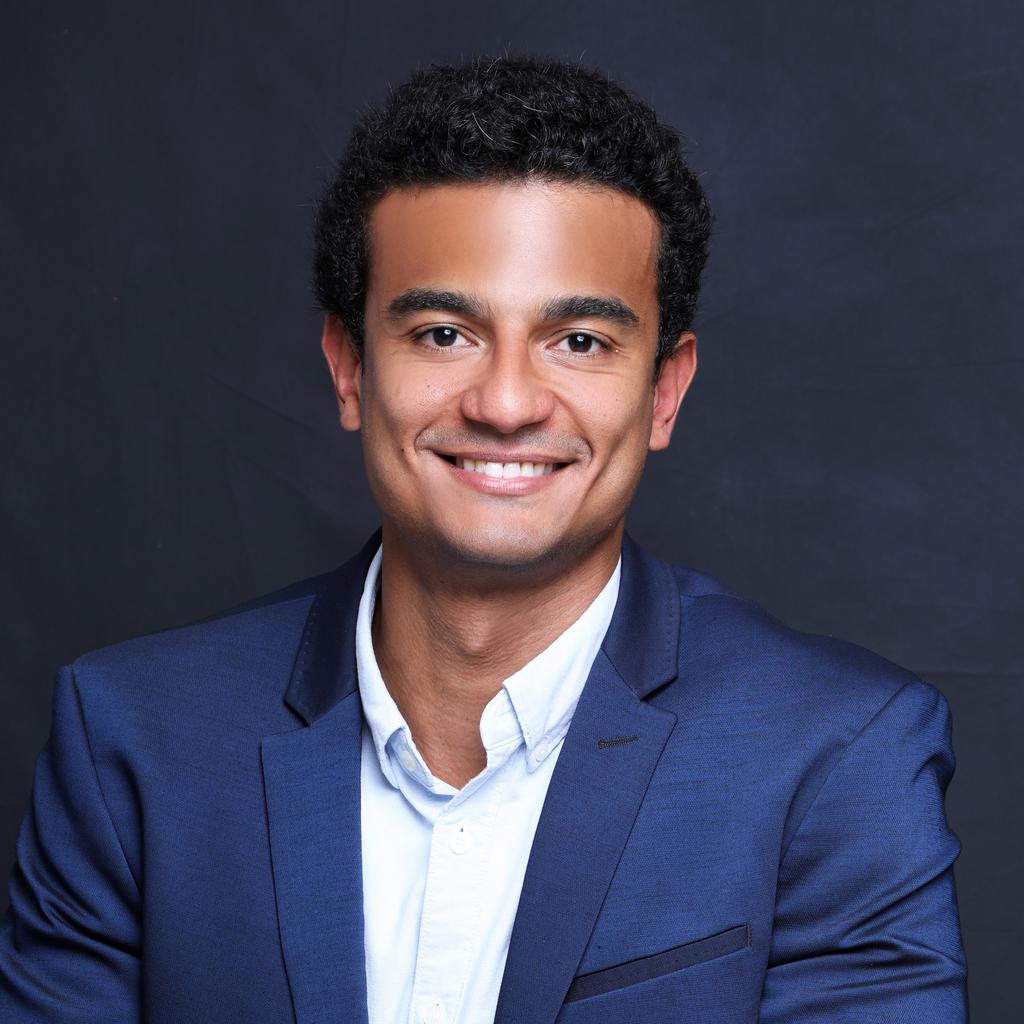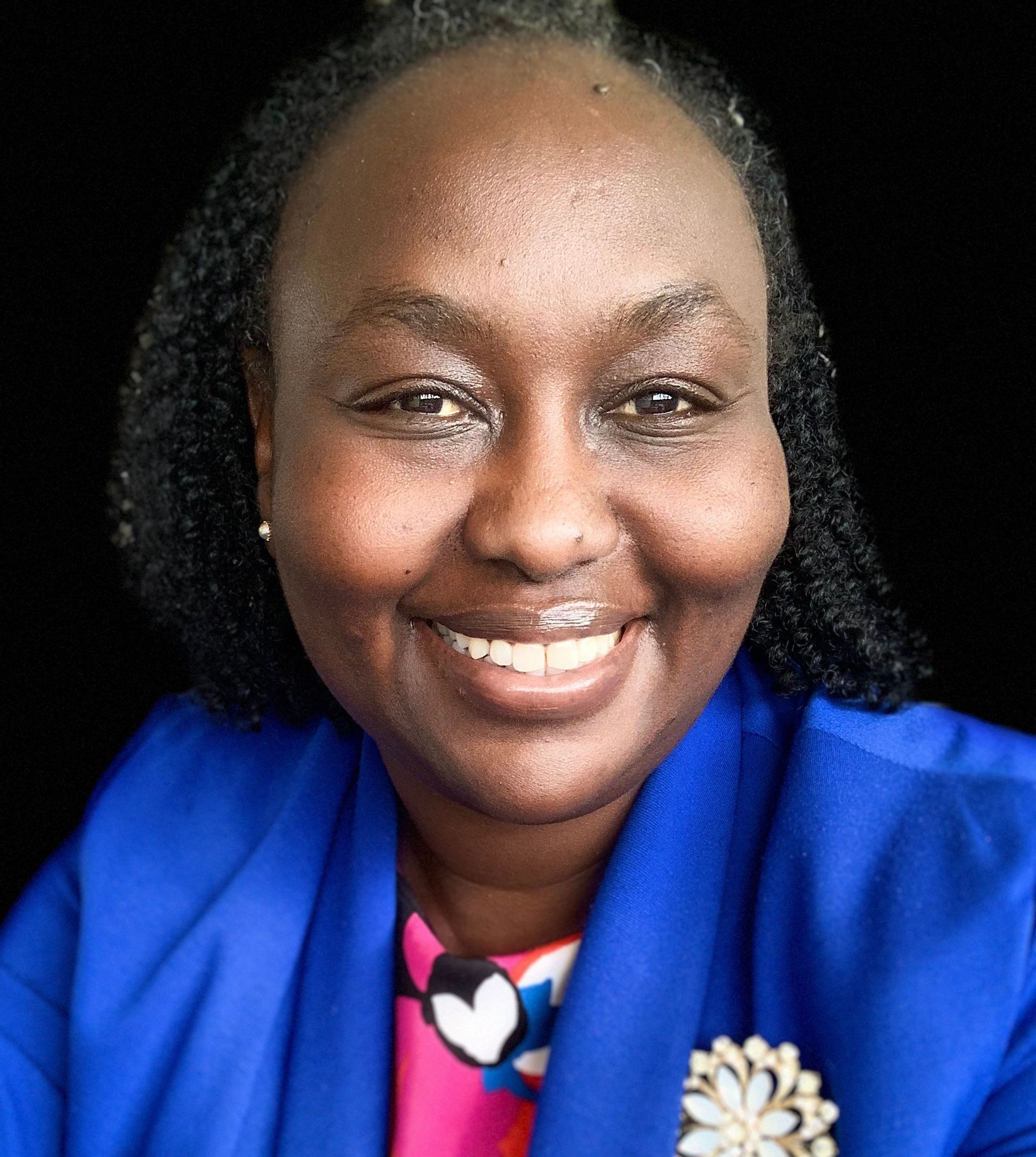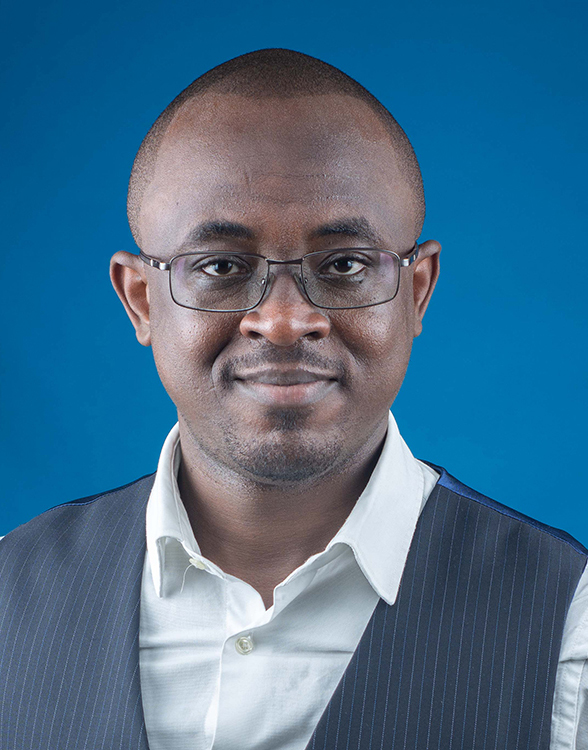Kholofelo Kugler, Georgia Schaefer-Brown

Programs
Africa
About the Program
The Africa Program focuses on economic, political, and transnational issues shaping Africa’s future. By conducting data-driven research, convening high-level dialogues, forging strategic partnerships, and amplifying African voices, the program addresses a crucial knowledge gap on Africa’s role in a changing global environment.
Program Experts
Digital Features
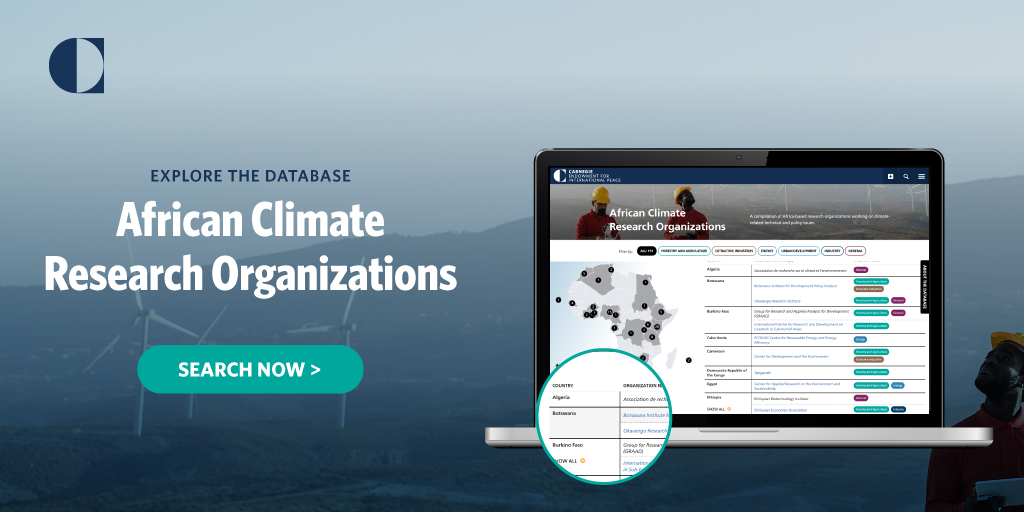
African Climate Research Organizations
A compilation of Africa-based research organizations working on climate-related technical and policy issues.
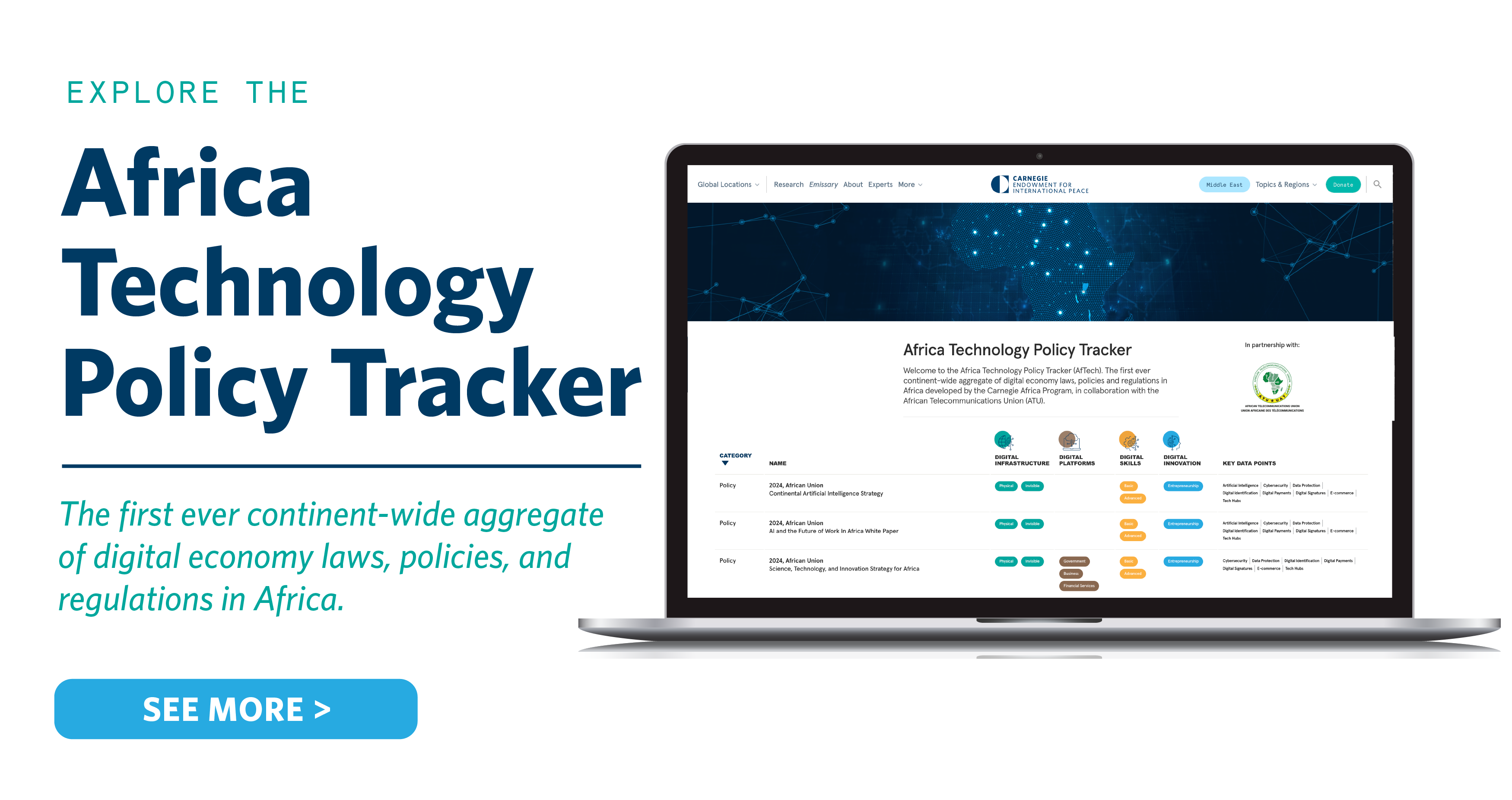
Africa Technology Policy Tracker
The Africa Technology Policy Tracker (AfTech) is the first ever continent-wide aggregate of digital economy laws, policies and regulations in Africa developed by the Carnegie Africa Program, in collaboration with the African Telecommunications Union (ATU).
